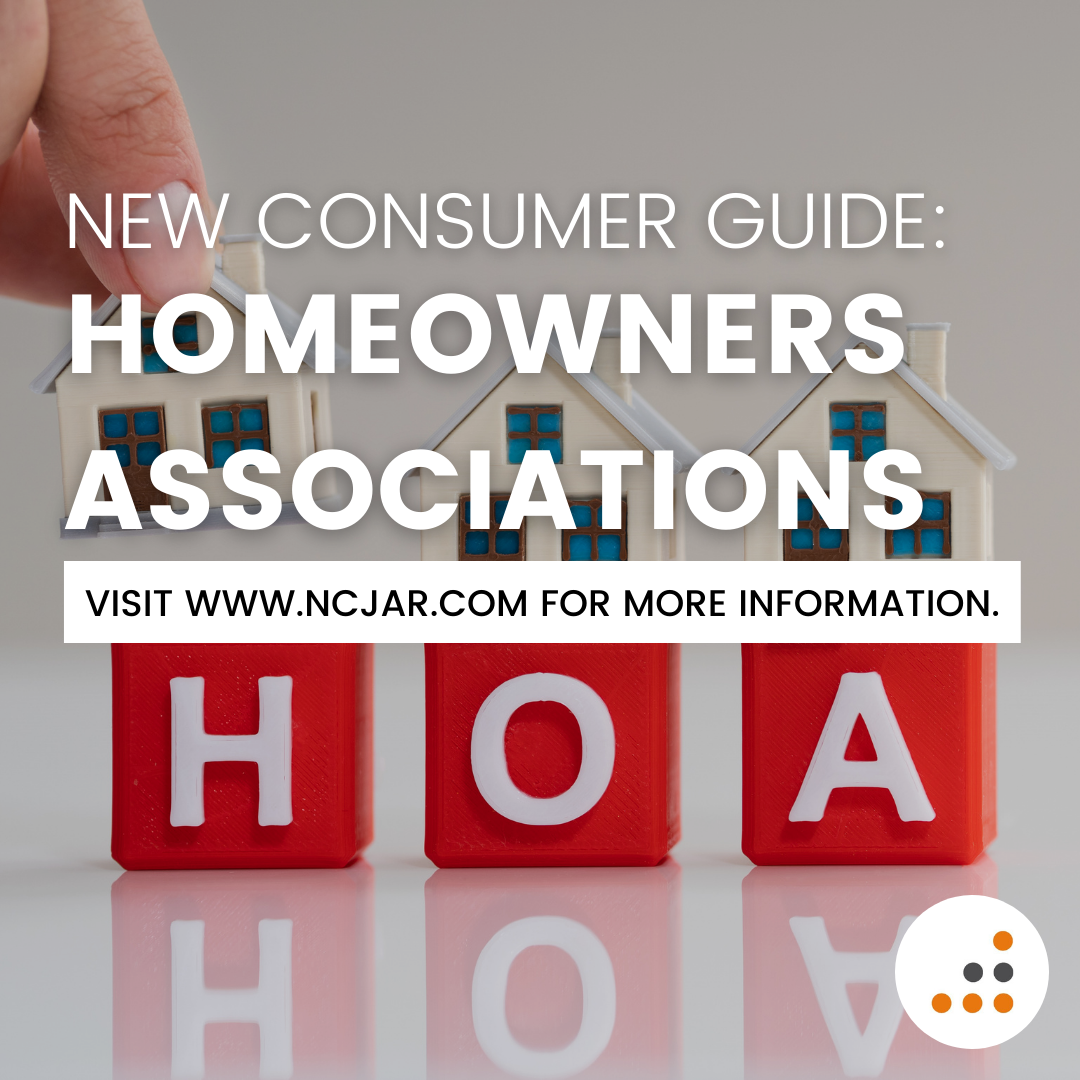 If you’re in the market for a new home, you may come across properties governed by a homeowners association (HOA) or other community association. While HOAs offer benefits like shared amenities and neighborhood upkeep, they also come with rules and fees that can impact your homeownership experience.
If you’re in the market for a new home, you may come across properties governed by a homeowners association (HOA) or other community association. While HOAs offer benefits like shared amenities and neighborhood upkeep, they also come with rules and fees that can impact your homeownership experience.
Before you buy, it’s important to understand what HOAs are, how they work, and what they mean for you as a homeowner.
What Is an HOA?
A homeowners association (HOA) is an organization that manages and enforces rules for a residential community. HOAs are common in:
Single-family home communities – especially master-planned neighborhoods and gated developments.
Townhouse and condo communities – where shared spaces require coordinated maintenance.
HOAs typically maintain common areas like parks, pools, and clubhouses. They also set guidelines to help keep the neighborhood uniform and well-maintained.
HOA Fees and Special Assessments
If you purchase a home in an HOA community, you’ll be required to pay HOA fees. These can be monthly, quarterly, or annual and are used for:
Community maintenance – Landscaping, snow removal, trash pickup.
Shared amenities – Pools, gyms, playgrounds, and other facilities.
Operational costs – Security, management, and insurance.
Reserve funds – Future repairs and improvements.
In addition to regular fees, you may also face special assessments—one-time charges for unexpected repairs or large projects not covered by reserves. Make sure to factor in HOA costs when budgeting for your new home.
Who Runs the HOA?
Most HOAs are nonprofits managed by a board of volunteers who are homeowners in the community. The board is responsible for enforcing rules, maintaining common areas, and managing the association’s budget.
As a homeowner, you have a voice in your HOA. You can attend meetings, vote in board elections, and even volunteer to help make decisions about your community.
What Rules Do HOAs Enforce?
HOAs establish covenants, conditions, and restrictions (CC&Rs) that homeowners must follow. These rules help maintain property values but can also limit what you can do with your home. Common HOA regulations include:
Exterior appearance – Rules about paint colors, fences, and holiday decorations.
Landscaping – Guidelines for lawn maintenance and tree removal.
Parking restrictions – Limits on street parking, driveways, or commercial vehicles.
Pet policies – Breed restrictions, leash requirements, or pet limits.
Noise and nuisance rules – Quiet hours and event guidelines.
Before buying in an HOA community, carefully review the HOA’s rules to make sure they align with your lifestyle.
How Do HOAs Differ From Condo Associations and Co-ops?
While similar to HOAs, condo associations and co-ops have different ownership structures:
HOA Communities – You own your house and lot, while the HOA owns and maintains shared areas.
Condo Associations – You own only your unit, while the condo association owns and manages the entire building and common spaces.
Co-ops – You don’t own a unit; instead, you own shares in the building and lease your apartment.
Each type of community has unique responsibilities and costs, so it’s important to understand how ownership works before buying.
Pros and Cons of Buying in an HOA Community
Pros
Well-maintained neighborhoods – HOAs help keep properties looking uniform and attractive.
Amenities – Many HOAs offer pools, gyms, and clubhouses.
Conflict resolution – HOAs can mediate disputes between neighbors.
Cons
Additional costs – HOA fees and special assessments add to your housing expenses.
Rules and restrictions – Some homeowners find HOA regulations too limiting.
Potential for strict enforcement – HOAs vary in how aggressively they enforce rules.
How to Determine if an HOA is Right for You
Before purchasing a home in an HOA community:
Read the HOA rules (CC&Rs) – Make sure you’re comfortable with the restrictions.
Review the budget and financial health – Ensure the HOA is well-managed and has adequate reserve funds.
Talk to current residents – Get insight into how the HOA operates and whether homeowners are satisfied.
Some buyers love the structure and benefits of an HOA, while others prefer the flexibility of a non-HOA community. The key is to find a home that fits your lifestyle and financial situation.
Final Thoughts
Living in an HOA community comes with both advantages and responsibilities. Understanding the fees, rules, and governance before purchasing can help you make a more informed decision.
Have questions about buying a home in an HOA community? Consult a real estate professional to ensure you’re making the best choice for your future home.
For more information and resources, visit facts.realtor.